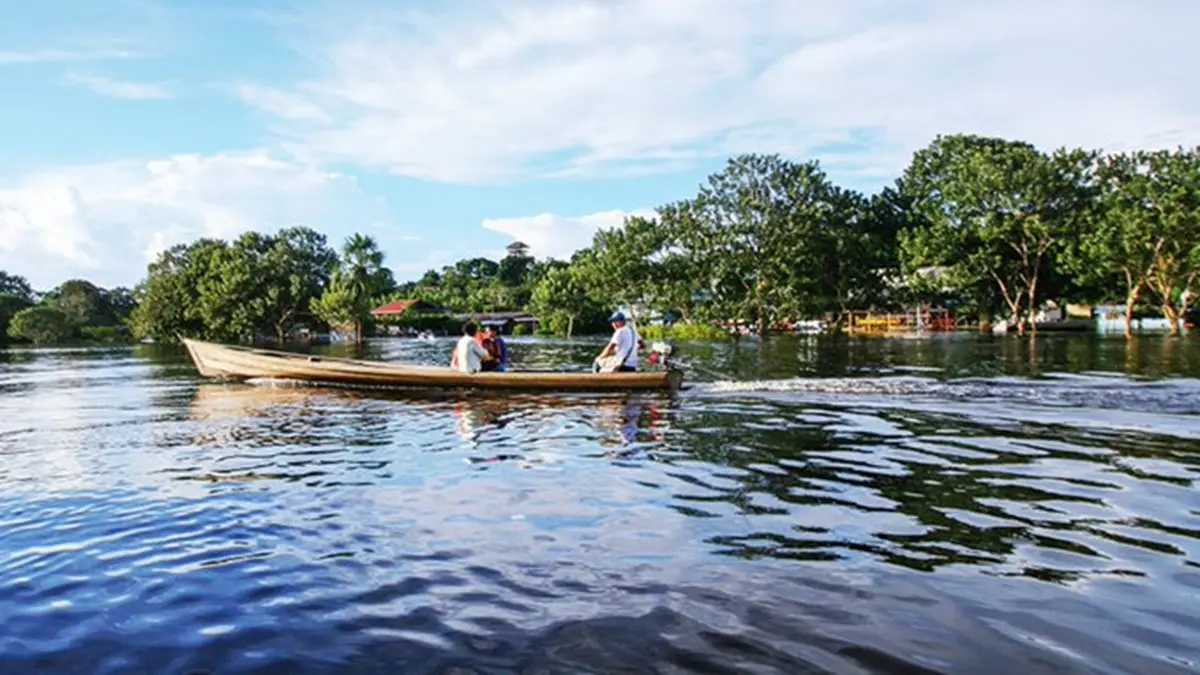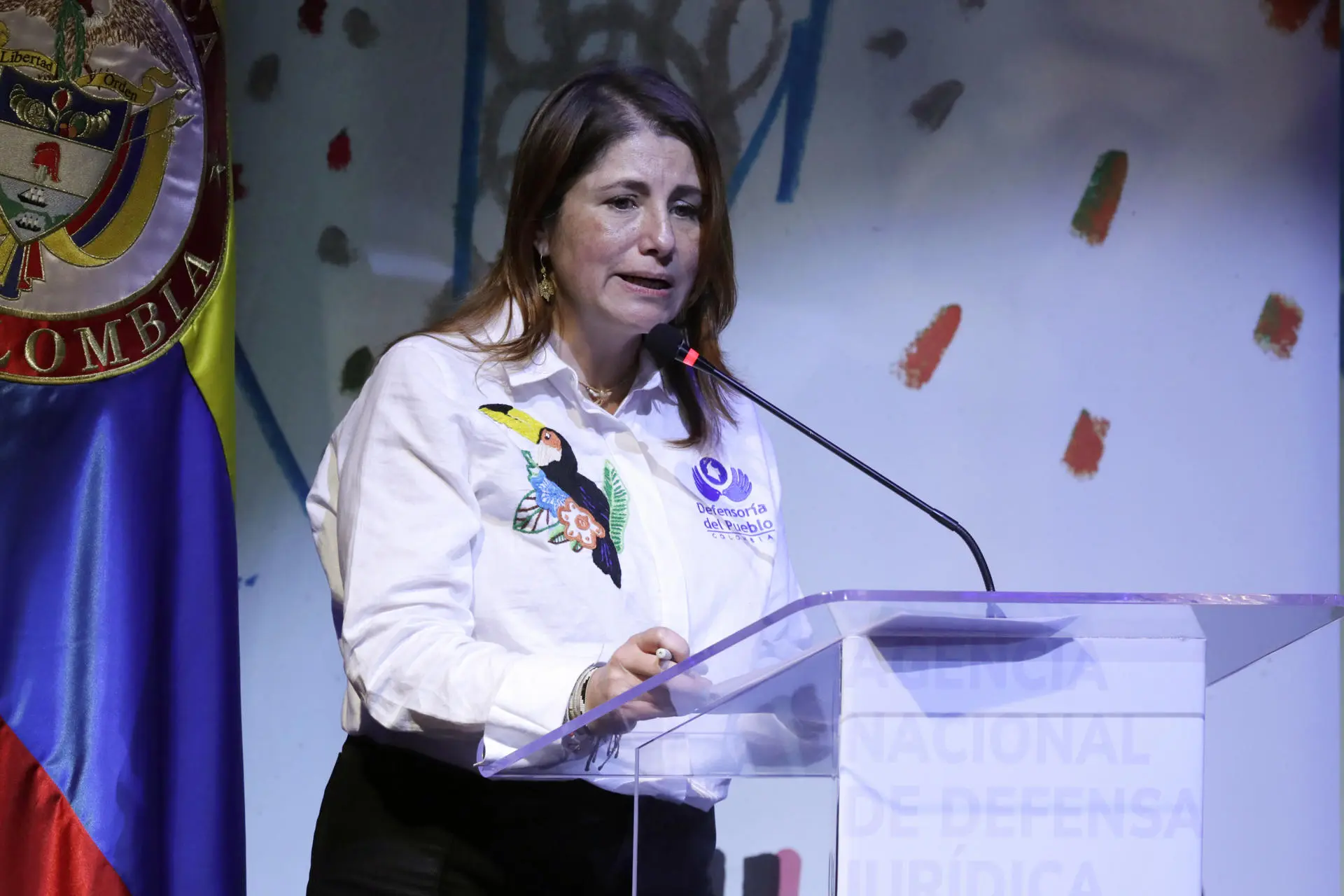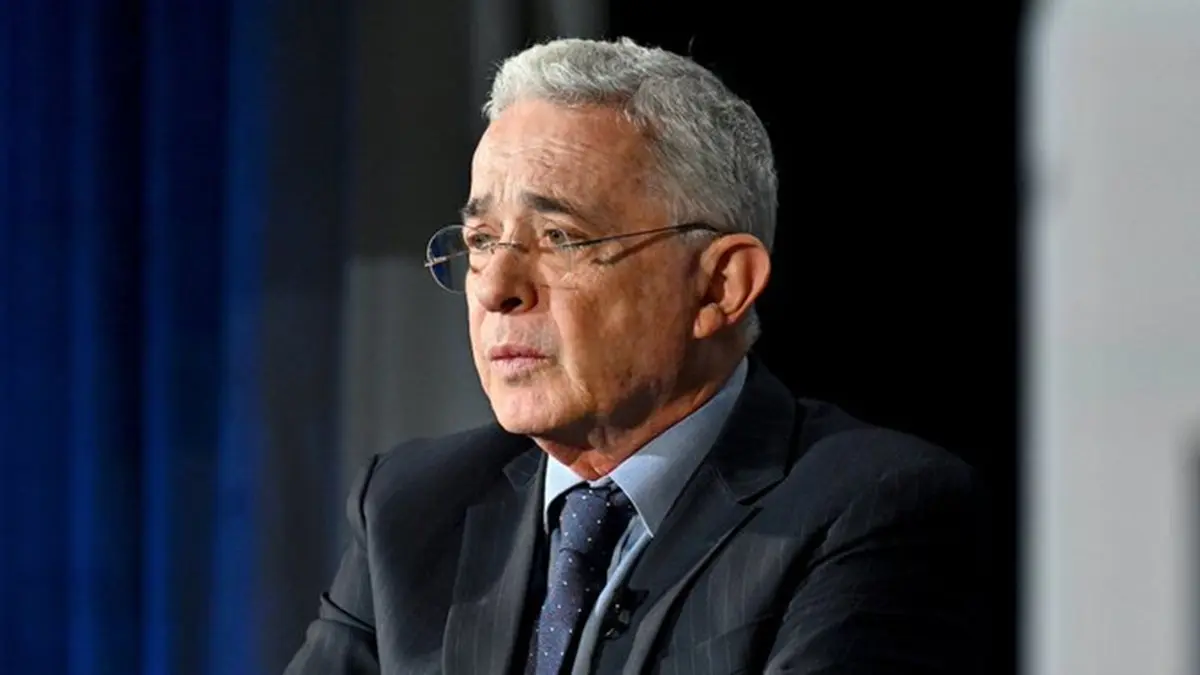Declaration of Health Emergency for Yellow Fever in Colombia: Mass Vaccination Advances to Protect the Population

Declared health emergency by The Colombian government, led by President Gustavo Petro due to yellow fever epidemic.Photo:EFE
April 22, 2025 Hour: 5:23 pm
The Colombian Ministry of Health has declared a health emergency due to yellow fever, implementing mass vaccination and mobility restrictions to contain the outbreak, which has resulted in 79 cases and 36 deaths. The government of Gustavo Petro is leading the response with a focus on public health and equity.
Related:
Emergency in Colombia: Petro Leads Battle Against Yellow Fever Outbreak
On April 21, 2025, the Colombian Ministry of Health issued Resolution 691, declaring a health emergency for yellow fever, a viral disease transmitted by mosquitoes with a high fatality rate. This measure responds to the increase in confirmed cases—79 in total between 2024 and 2025, with 36 deaths—and seeks to strengthen the health system’s capacity to contain the spread of the virus. The emergency will remain in effect until at least eight weeks have passed without any human cases.
Priority Measures: Mass Vaccination and Territorial Strategies
The government of Gustavo Petro has announced a mass vaccination campaign aiming to immunize the entire Colombian population within two months, prioritizing those who live in or travel through high-risk areas. The vaccine, available free of charge, provides protection for up to ten years and is the main tool to curb the spread of the virus.
Vaccination strategies are adapted to the conditions of each territory, classifying municipalities by risk category (Very High, High, and Low) and establishing micro-planning by local health networks. Each municipality must report its action plans, signed by local authorities and IPS managers, with weekly monitoring by the local health authorities.
Complementing vaccination, the resolution establishes some mobility restrictions in municipalities at very high risk. Local police will implement health checkpoints requiring proof of vaccination or a declaration of vaccination history to prevent unvaccinated individuals from increasing the virus transmission. This measure aims to protect the most vulnerable communities and prevent the spread in both urban and rural areas.
The Administrator of Health System Resources (ADRES, Administradora de los Recursos del Sistema General de Seguridad Social en Salud) has been authorized to manage and execute resources allocated for emergency response, ensuring the necessary funding for vaccination, medical care, and epidemiological monitoring. Additionally, each territorial entity has been asked to provide specialized hospitals for case management, ensuring immediate and specialized care, including intensive care units.
#NoticiasDelCambio| Equipos Básicos de Salud están dando la batalla por la vida en los territorios para enfrentar brote de fiebre amarilla, afirma presidente @petrogustavo.https://t.co/V0V5QjuOy1
— Presidencia Colombia 🇨🇴 (@infopresidencia) April 22, 2025
The text reads:#NewsFromTheChange | Basic Health Teams are fighting for lives in the territories to combat the yellow fever outbreak, states President @petrogustavo
A Public Health Approach Centered on Equity
The Petro administration has placed the defense of life and the strengthening of the public health system at the center of its response, with a focus on equity and prevention. Mass vaccination and control measures are part of a comprehensive policy to protect historically underserved and vulnerable communities from tropical diseases.
The declaration of a health emergency for yellow fever in Colombia represents a firm effort by Gustavo Petro’s government to confront a growing threat with public policies based on science, equity, and social solidarity. Mass vaccination, mobility restrictions, and territorial coordination are key measures to control the outbreak and protect the population, especially the most vulnerable sectors of the country. This crisis tests the capacity of the public health system and reaffirms the importance of a present and committed State.
Author: YCL
Source: El Colombiano






